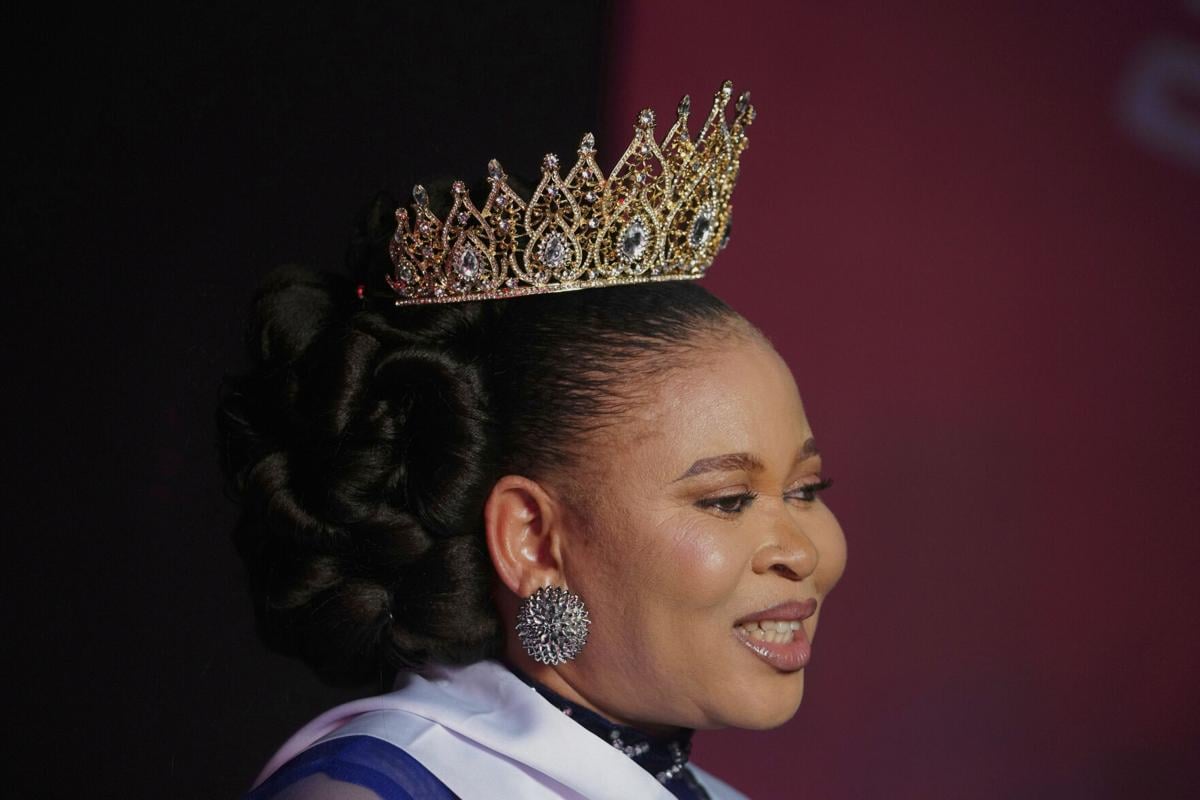Albinism community wins their first beauty queen at advocacy pageant in Nigeria

Albinism has long been misunderstood, discriminated against and persecuted across African Cultures, however, Nigeria has taken a huge step forward in dispelling long-held harmful beliefs after the country’s albinism community gained its first beauty queen.
Anita Chidiebube-Dike, the newly crowned Queen at Lagos’ Albinism Advocacy Pageant, says that she will use her new title to spread awareness of Albinism, and push for a greater understanding of the condition, according to Africanews, September 14.
Albinism, a genetic condition that affects the colour of the skin, hair and eyes is deeply misunderstood across Nigeria, with many believing that people with the condition are the result of spiritual curses, witchcraft and even to be a sign of bad omens. in response to long-standing socio-cultural myths, and to assess needs of the country’s albinism community, the government launched a policy in 2019 with the aim of educating people on the condition.
In Nigeria, people with the condition have suffered a great deal of prejudice, including being excluded from schools, dealing with jobs discrimination, difficulties in social gatherings and some have even been subjected to violence. Many people in the country say their albinism makes them ‘feel different‘ to the majority of the population, with their light complexion contrasting to the otherwise largely dark-skinned people of Nigeria. Children with the condition often report being a cause for embarrassment for their parents due to social stigmas.

But many in the community are hoping that increasing awareness will go a long way to tearing down a history of cultural stigmas that have conspired to bring them down. Speaking about her victory, Queen Chidiebube-Dike said “My first priority is to create an engaging content that will bring the strength and show the strength and positive impact of persons with albinism in our society.”
Meanwhile Tolani Ojuri, who Chairs Albinism Association of Nigeria commented on the current challenges faced by the community in the country: “Persons with albinism have various challenges. I mean, from the sun to the low vision, and lots of persons with albinism don’t even know how to go about this. And even to the general society, the myth, the bullying, the stereotyping, and all that.”
The World Health Organisation (WHO) estimates anywhere between 1 in 5000 to 1 in 15,000 people in sub-Saharan Africa have the genetic condition.
With over 2 million people in Nigeria having the condition, representation is profoundly important-even more so as social attitudes can be notoriously difficult to change. Many hope that increasing the presence of people with the condition in the public eye will go a log way to dispelling the damaging impacts the community has had to face in the past.
Turning over a new leaf might be a difficult challenge for some, but the organisers of the pageant believe that truly welcoming people with albinism into the wider Nigerian public consciousness will go a long way to solving discrimination in Nigeria.
“When people think of pageantry, they think of people who look a certain way,” says Mistura Abisola Owolabi, one of the organisers behind the event.
“But for us,” she continued, “we are flipping the script and using pageantry to showcase the talent of people with albinism and also advocate for them”
It is well understood that one of the most effective ways to change how a society sees certain groups like people with albinism is to change how people see them, and what is talked about and how often.
Perhaps crowning an Albinism Advocacy Queen will prove to be a greatly effective tool to break down cultural stigmas that has kept Nigeria’s albinism community in a taboo corner or society once and for all.
Africanews, Nigerian Federal Ministry of Education, Journal of Disability and Society (2025: Volume 40, Issue 7), Maghrebi.org
Want to chase the pulse of North Africa?
Subscribe to receive our FREE weekly PDF magazine













